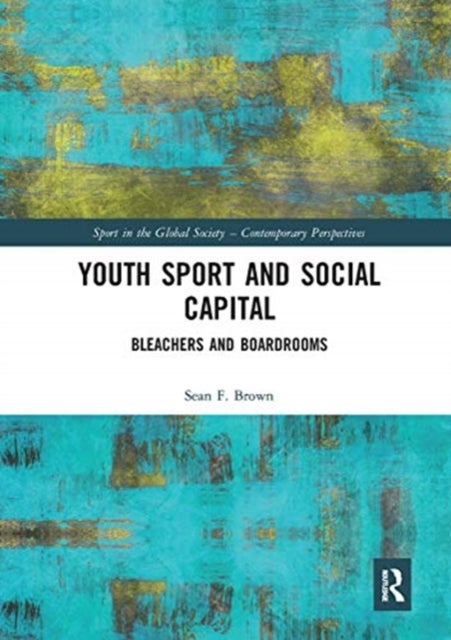
Youth Sport and Social Capital av Sean F. (George Mason University USA) Brown
447,-
<P>This book examines the youth sport parent experience through the lens of social capital, a cornerstone social science concept of the past 30 years. Social capital reflects the value of one¿s social networks, and the actual and potential benefits ¿ and costs ¿ of relationships. Bringing together a team of kids for a season also brings together their families who all must negotiate this new social world. Within this world, relationships are bound to form, and these are the foundation upon which this project rests.</P><br/><br/><P></P><br/><br/><P>Youth sport scholars have traditionally been interested in questions such as: how many kids play sports, what sports they play, how and why do they start playing and stop playing, and the costs and benefit of participation. However, aside from sensational examples of youth sport parents behaving badly, scholars know far less about the parental experience. This time is meaningful for parents, because parents often spend as much or even <I>more








